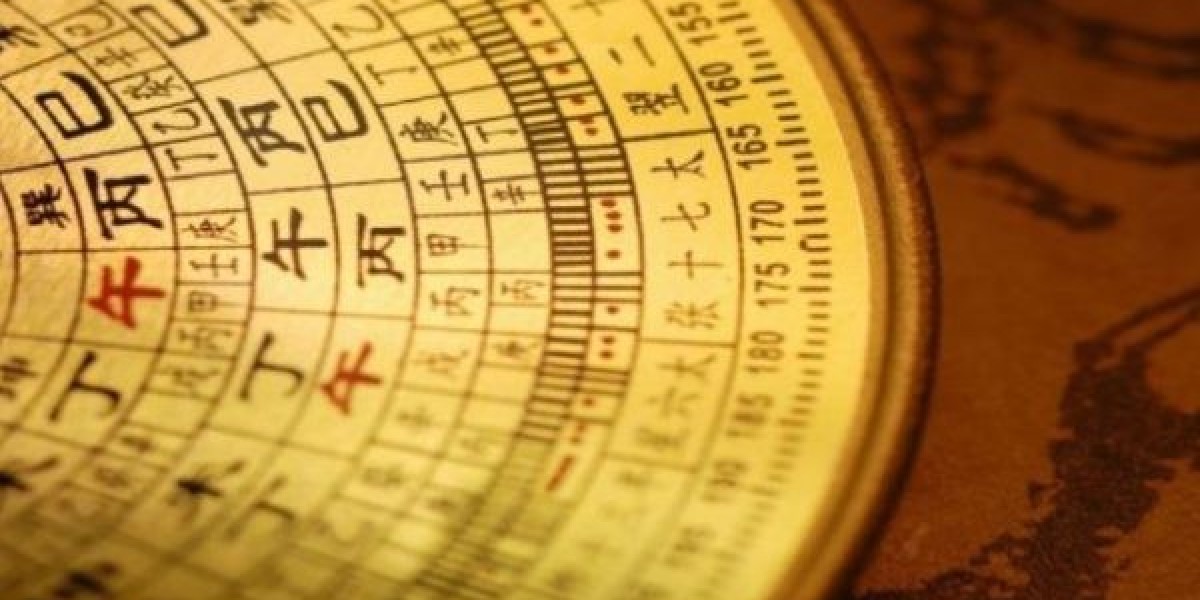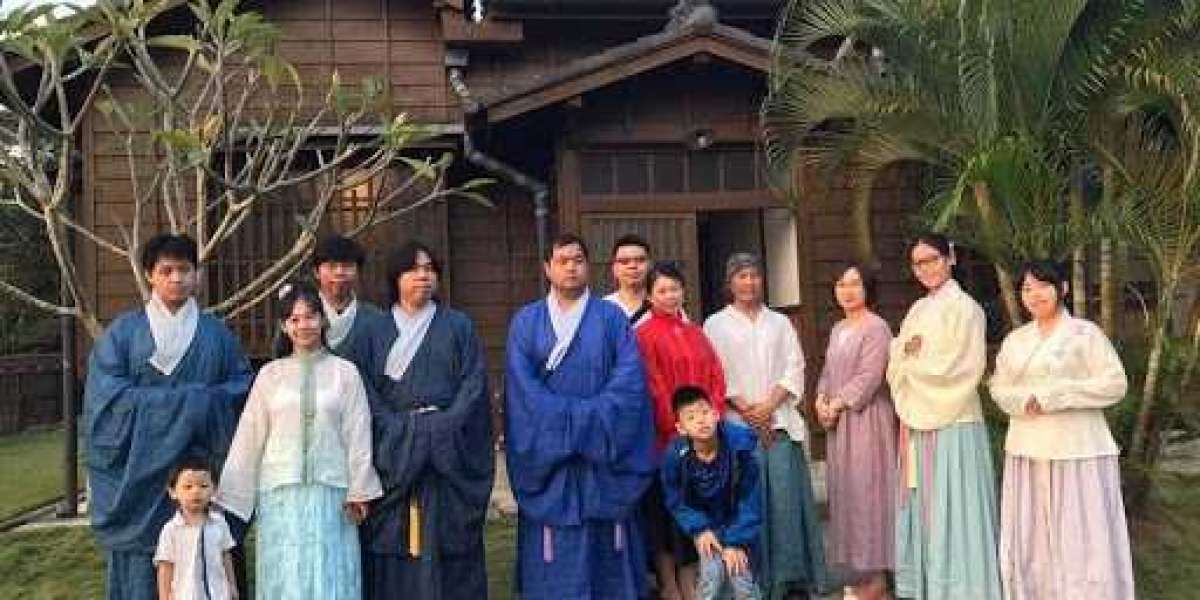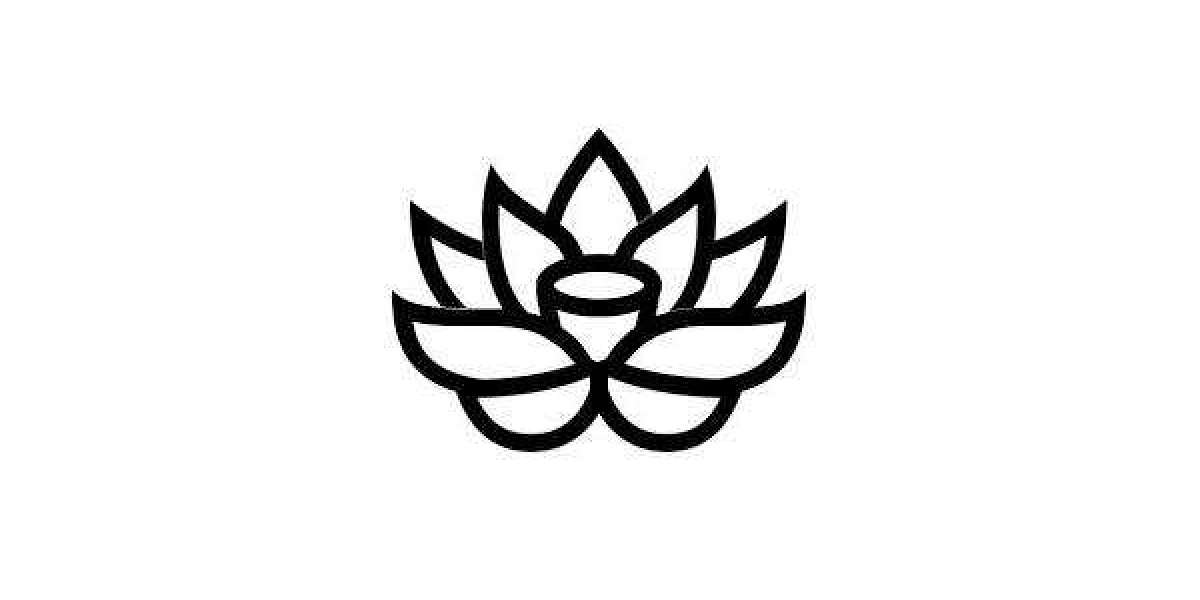Feng Shui is an ancient Chinese practice that focuses on the arrangement of objects and the layout of spaces to promote balance, harmony, and positive energy in one's environment. The term "Feng Shui" translates to "wind-water" in English, symbolizing the essential elements of this practice. It is deeply rooted in Chinese philosophy, and its principles have been applied for thousands of years to improve the well-being and quality of life of those who embrace it and singapore feng shui master.
Key Principles of Feng Shui:
The Bagua Map: The Bagua Map is a fundamental tool in Feng Shui that divides a space into nine areas, each representing a different aspect of life, such as wealth, health, love, and career. By mapping these areas onto your home or office, you can strategically place objects and colors to enhance these aspects.
Chi (Qi) Energy: Feng Shui revolves around the concept of Chi, or life force energy. The flow of Chi should be unobstructed to promote health and harmony. Clutter, sharp angles, and other blockages can disrupt the flow of Chi, so it's essential to keep spaces tidy and well-organized.
The Five Elements: Feng Shui incorporates the five elements—wood, fire, earth, metal, and water—to create balance. Each element has specific characteristics and colors associated with it, and they are used strategically to create harmony in a space. For instance, wood elements symbolize growth and vitality and can be represented by green or brown colors.
Yin and Yang: The balance between yin (passive) and yang (active) energies is crucial in Feng Shui. Harmonizing these opposing forces in your environment can lead to a sense of equilibrium and well-being. For example, a bedroom should have a balance between soft, yin elements like a comfortable bed and more yang elements like bright lighting.
Feng Shui Tips:
Declutter: One of the most fundamental Feng Shui principles is to remove clutter from your space. Clutter can block the flow of positive energy and create stress. Keep your living and working areas tidy and organized.
Balance Elements: Incorporate the five elements in your home decor and furnishings to create a harmonious atmosphere. For example, you can use a water element (such as a tabletop fountain) in the wealth area of your home to enhance abundance.
Color and Lighting: Use color strategically in different areas of your space to promote the corresponding aspects of life. Warm colors like red and orange can be used in the fame and reputation area, while cool colors like blue and black can be used in the career area.
Placement of Furniture: The arrangement of furniture and objects should allow for the free flow of energy. Avoid placing furniture in direct alignment with doors and windows, as this can disrupt the flow of Chi.
Personal Energy: Your personal energy and intention also play a significant role in Feng Shui. Approach your home with a positive attitude, and your positive energy will resonate with your surroundings.
Mirrors: Mirrors can be used to expand and reflect positive energy, but be mindful of their placement. Avoid placing mirrors facing your bed or reflecting negative energy.
Feng Shui is a holistic approach to living that goes beyond interior design. It encourages you to be more mindful of your surroundings and to create an environment that supports your well-being, relationships, and goals. Whether you are looking to improve the energy in your home, boost your career prospects, or enhance your overall quality of life, Feng Shui can be a valuable tool to achieve balance and harmony in your environment.








